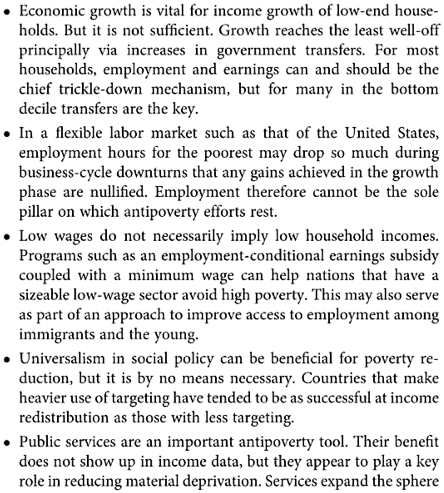via Andrew Gelman, here are the main points from a book about how to reduce poverty using government policy:
Each point has a separate detailed quantitative analysis backing it up. It sort of makes you wonder what other social scientists are doing with their time.
Flicking through on google books, I found this graph about unionisation especially suggestive and surprising:
Apparently the ones that haven't fallen are those where unemployment insurance is tied to union membership: what a good idea! I wonder if Ian Duncan-Smith will adopt it?
Also interesting:
"Despite the fall in union membership, in many countries collective bargaining arrangements have continued to keep the floor of the wage distribution relatively high. That owes to "extension practices": by agreement between union and employer confederations (and nations) or due to government mandate (France), union management wage settlements carry over to many firms and workers that are not unionised. In a number of countries the share of the workforce whose wages are determined by collective bargaining is much larger than the share of workers who are union members."
UPDATE: the author, Lane Kenworthy, has a blog!



No comments:
Post a Comment